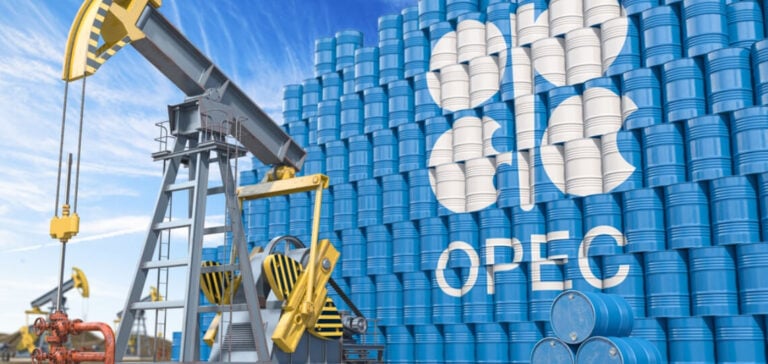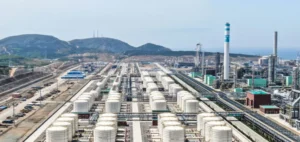OPEC and its allies, including Saudi Arabia and Russia, have pledged to limit crude oil production until the beginning of 2024. However, Asian refiners seem little affected by these measures, expecting Middle Eastern suppliers to continue to favor their customers in the Far East and provide stable contract volumes.
Key Role of Middle East Suppliers
Saudi Aramco and Abu Dhabi National Oil Co. maintained their monthly contractual commitments with Asian buyers, despite the OPEC+ commitments. These actions demonstrate the strategic importance of Asian markets for Middle Eastern producers, and their determination to maintain solid commercial relationships.
Diversification of Supply Sources in Asia
Refiners in Asia, notably South Korea, Japan, Thailand and Taiwan, report that they are not overly dependent on supplies from the Persian Gulf. The abundant supply of light sweet oil from the USA, at attractive prices, offers a viable alternative, particularly with the narrowing of the Brent-Dubai price differential.
Sourcing Strategies and Commercial Arbitration
Asian refiners are exploiting arbitrage opportunities to import US cargoes, taking advantage of the narrower Brent-Dubai price differential. This dynamic offers refiners in Asia greater flexibility in the selection of their crude supply sources, enabling them to respond more effectively to market fluctuations.
OPEC+ supply reduction commitments have not significantly disrupted crude oil supplies to Asian refiners. The maintenance of commercial relationships by Middle Eastern suppliers and the increasing diversification of supply sources in Asia suggest continued stability and resilience in the region’s crude oil market.





















